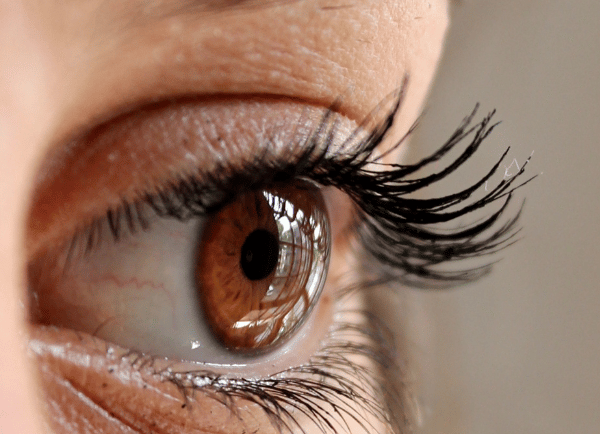Eye Floaters
Eye Floaters: Management, and Potential Cures
HEALTHCARE


Eye Floaters:
Management, and Potential Cures
Our eyes are a marvel of biological engineering, allowing us to perceive the world around us in intricate detail. However, occasionally, we may notice small, shadowy specks or strands drifting across our field of vision. These visual disturbances are known as "eye floaters." While they are generally harmless, they can be bothersome. In this blog post, we'll delve into what eye floaters are, what causes them, and explore potential cures and management strategies.
What Are Eye Floaters?
Eye floaters are tiny, semi-transparent specks or shapes that appear to "float" across your vision. They are most noticeable when you look at a plain, brightly lit background, such as a blue sky or a blank wall. Floaters can take on various forms, such as dots, cobwebs, or threads, and may drift around or appear stationary.
What Causes Eye Floaters?
Eye floaters are primarily caused by age-related changes in the vitreous humor, a gel-like substance that fills the eyeball and helps maintain its shape. As we age, the vitreous humor undergoes a natural process of liquefaction and shrinkage. This can lead to the formation of small clumps or strands within the vitreous. When light enters the eye and passes through these clumps or strands, it casts shadows on the retina, which you perceive as floaters.
Other causes of eye floaters may include:
Eye injuries or trauma.
Eye diseases or infections.
Retinal tears or detachments.
Diabetic retinopathy.
Posterior vitreous detachment (PVD).
It's essential to note that while floaters are usually harmless, sudden changes in the number or size of floaters, accompanied by flashes of light or a curtain-like shadow across your vision, may indicate a more severe eye condition that requires immediate medical attention.
Management Strategies
Observation:
Most floaters are harmless and may become less bothersome over time as you get used to them. Observing and accepting them without fixation can often be the best approach.
Regular Eye Exams:
Schedule routine eye exams with your ophthalmologist. They can monitor the health of your eyes and detect any serious issues early on.
Lifestyle Choices:
Maintaining a healthy lifestyle, including managing diabetes and blood pressure, can help reduce the risk of eye-related complications that may lead to floaters.
Surgical Interventions:
In some cases, when floaters significantly affect your vision and quality of life, your doctor may recommend surgical procedures such as vitrectomy or laser therapy to remove or break up the floaters. These procedures, however, come with risks and are typically considered as a last resort.
Potential Cures and Emerging Treatments
While there's no guaranteed cure for eye floaters, researchers are exploring various treatment options:
Laser Therapy:
Some ophthalmologists use lasers to break apart larger floaters, making them less noticeable. However, this treatment is not without risks, and its long-term effectiveness is still being studied.
Pharmacological Solutions:
Researchers are investigating the potential of medication injected into the eye to dissolve floaters. This approach is still experimental and not widely available.
Nutritional Supplements:
Some studies suggest that certain dietary supplements, such as antioxidants, may help maintain eye health and reduce the risk of developing new floaters.
Eye floaters are a common visual phenomenon, often harmless but occasionally frustrating. While there is no surefire cure for floaters, managing them effectively involves regular eye check-ups, a healthy lifestyle, and understanding when to seek medical attention. It's crucial to consult with an eye care professional if you experience sudden changes in your floaters or other concerning symptoms. As research continues, we may see more effective treatments for this common condition emerge in the future. In the meantime, staying informed and proactive about your eye health is the best way to ensure a clear and comfortable view of the world.


